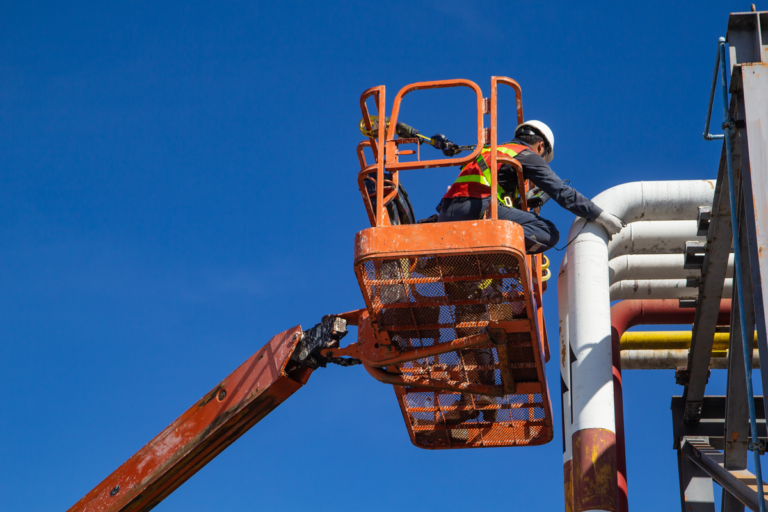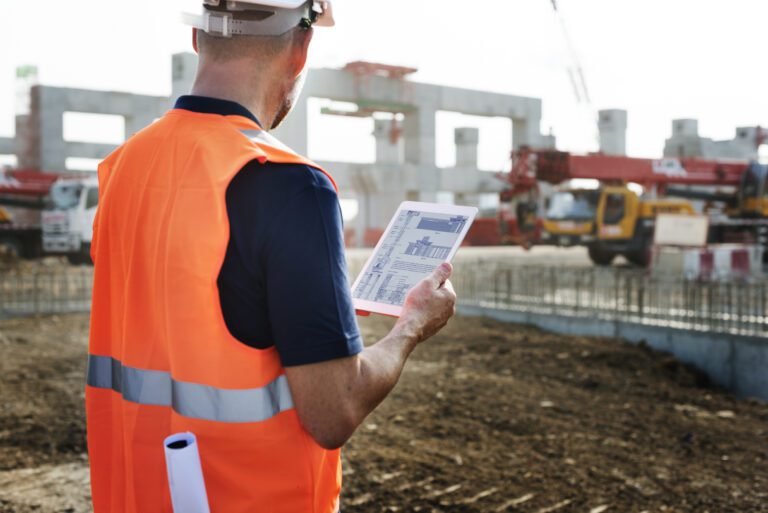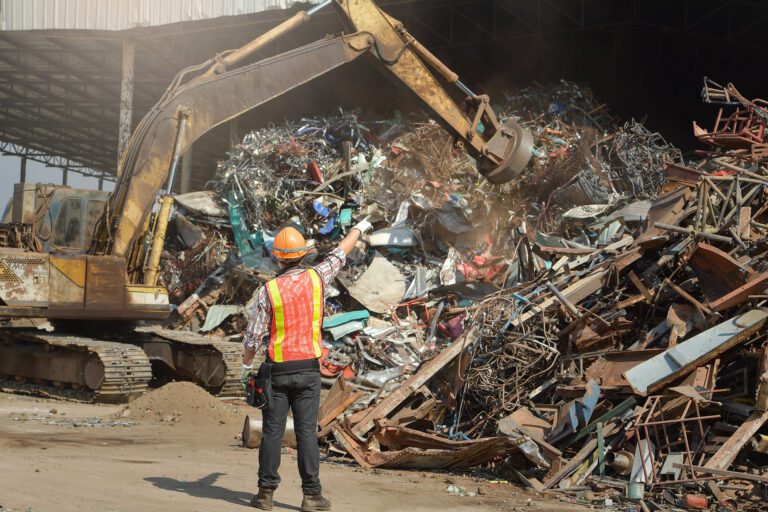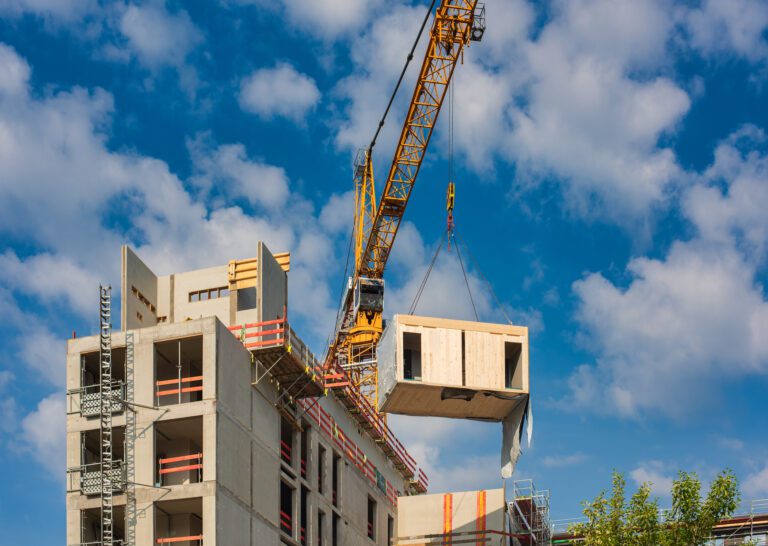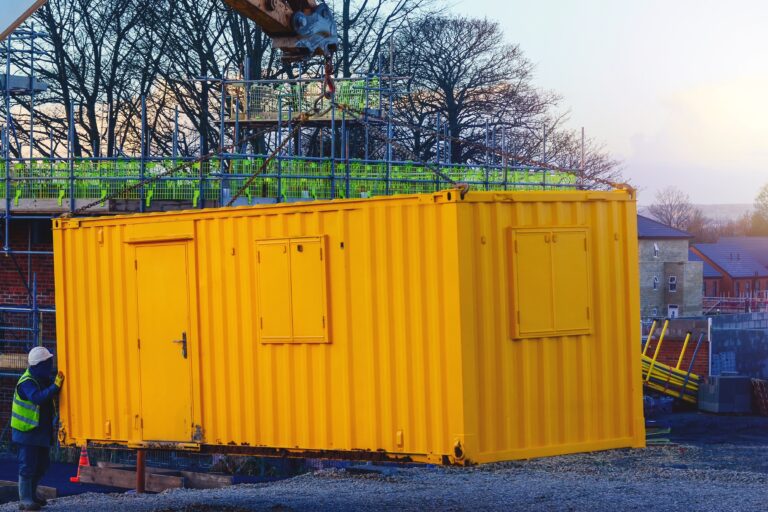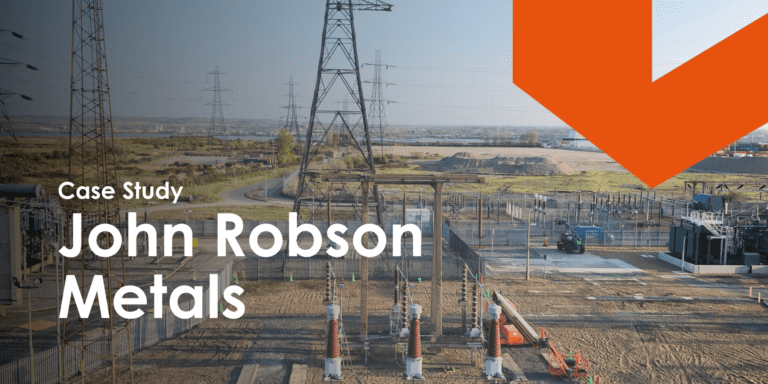28th March, 2023
Fight global warming by taking control of your supply chain
One of the initial steps to becoming a sustainable construction business is to know your supply chain. Learn how you can fight global warming here.
A booming construction industry is a sign of growth and prosperity within any established or emerging economy. The completion of new housing, retail stores and restaurants aims to increase consumer spending. The flip side of this is the completion of offices and workspaces attracting firms to invest in local areas. The demand to build up has largely increased cash flow back into many economies including the U.K, in which £113 billion was injected back into the economy.
However, what may be good for the economy may be detrimental to other areas of concern such as the environment. With 40% of annual global emissions being generated by the built environment (of which 13% is directly linked to construction activities), the $8.2 trillion construction industry has infamously become known as one of the largest contributors to global carbon emissions.
With the effects of global warming becoming more visible daily, the question of how to build in a more sustainable way has become one that needs to be answered as soon as possible.
What is Sustainability?
Sustainability in construction refers to the practice of building and designing infrastructure in an environmentally responsible and resource-efficient manner. It is the idea of reducing the environmental impact of construction activities. The goal is to create buildings and infrastructure that have a low environmental impact and can be sustained over time.
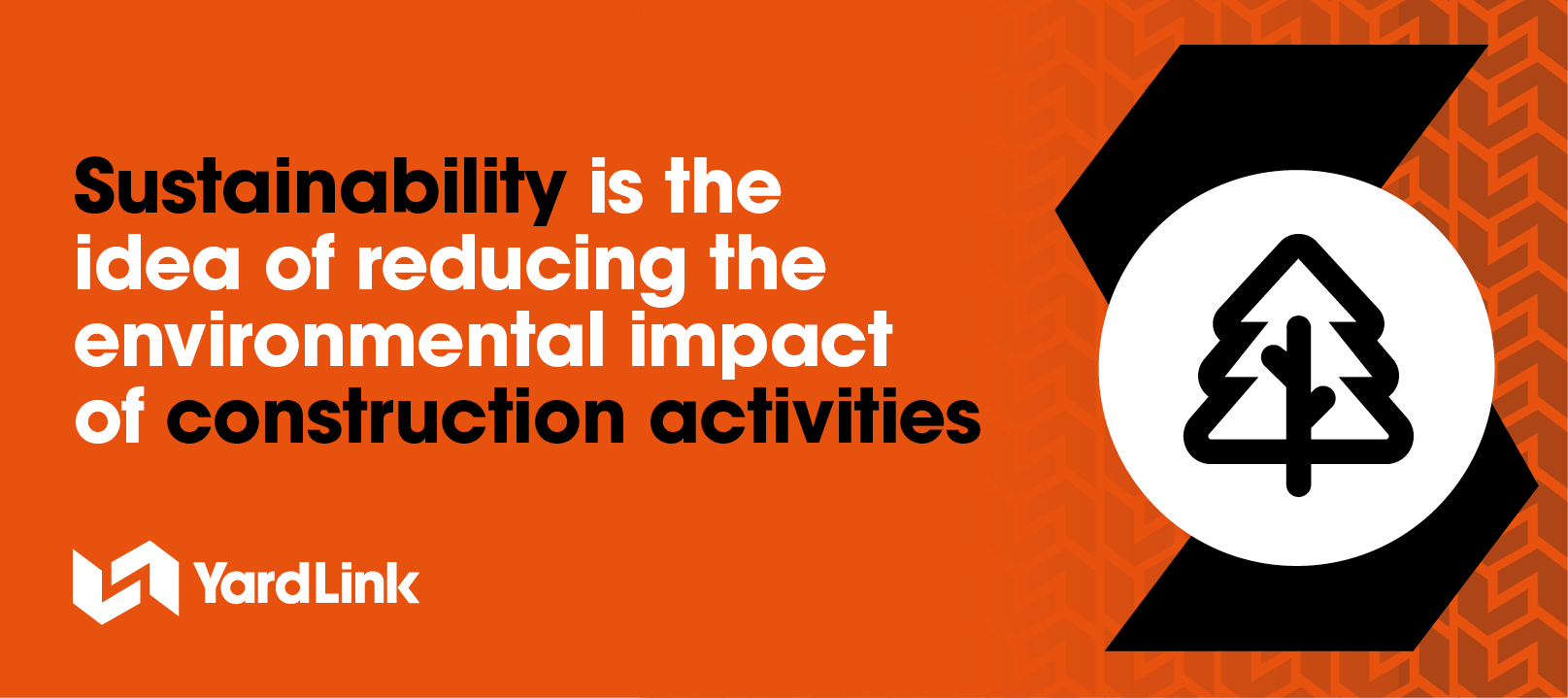
With the physical changes in the climate becoming more visible daily, it has become evident that something needs to be done to help stop the effects of global warming. Legislative bodies have imposed numerous schemes and missions to help combat global warming, with the construction industry being one of the most impacted industries.
What has been done to help?
In June 2019, the UK became the first major economy to commit to achieving net zero by 2050. Net zero is the practice of balancing the number of greenhouse gases being emitted into the atmosphere with that being removed. With changes in UK legislation such as the reform of red diesel usage, the construction industry has become one of the most affected, creating the demand for change in the UK.
There has since become a global effort to achieve Net Zero by 2050. With over 70 countries focusing to reach this target, massive strides have been made to revolutionise multiple industries and legislative changes to help reduce the total emissions emitted into the atmosphere. As of March 2023, we are not on track to hit this target and more work needs to be done before the effects of global warming become irreversible.
How can utilising your supply chain help?
One of the initial steps to becoming sustainable is to know your supply chain. Taking the time to be proactive and informed on what is needed on each project will ensure you are only purchasing or hiring what is required. From tools and plant to fuel and materials, only procuring what is needed will help cut costs whilst reducing waste.
Taking control of your supply chain and using local suppliers have many benefits for any company. Alongside being cost-effective and easier to manage, localising your supply chain will help reduce Co2 emissions into the environment simply by limiting the distance travelled by suppliers for each delivery. Also consciously choosing suppliers who try to work in a sustainable way such as using renewable fuels, planting trees and reusing materials will push more companies to consider these actions.
Researching alternatives to plant or tools required is important in the fight against global warming. Using electric alternatives is a simple way to minimise the total emissions emitted. Sometimes it may be impossible to use an electric alternative for heavy machinery, however, the use of renewable energy sources such as hydrotreated vegetable oil (HVO) can help reduce greenhouse gasses by 90% as opposed to the use of diesel. By adopting renewable energy sources and sustainable building practices, the construction industry can contribute to combating climate change while also promoting a more sustainable future.
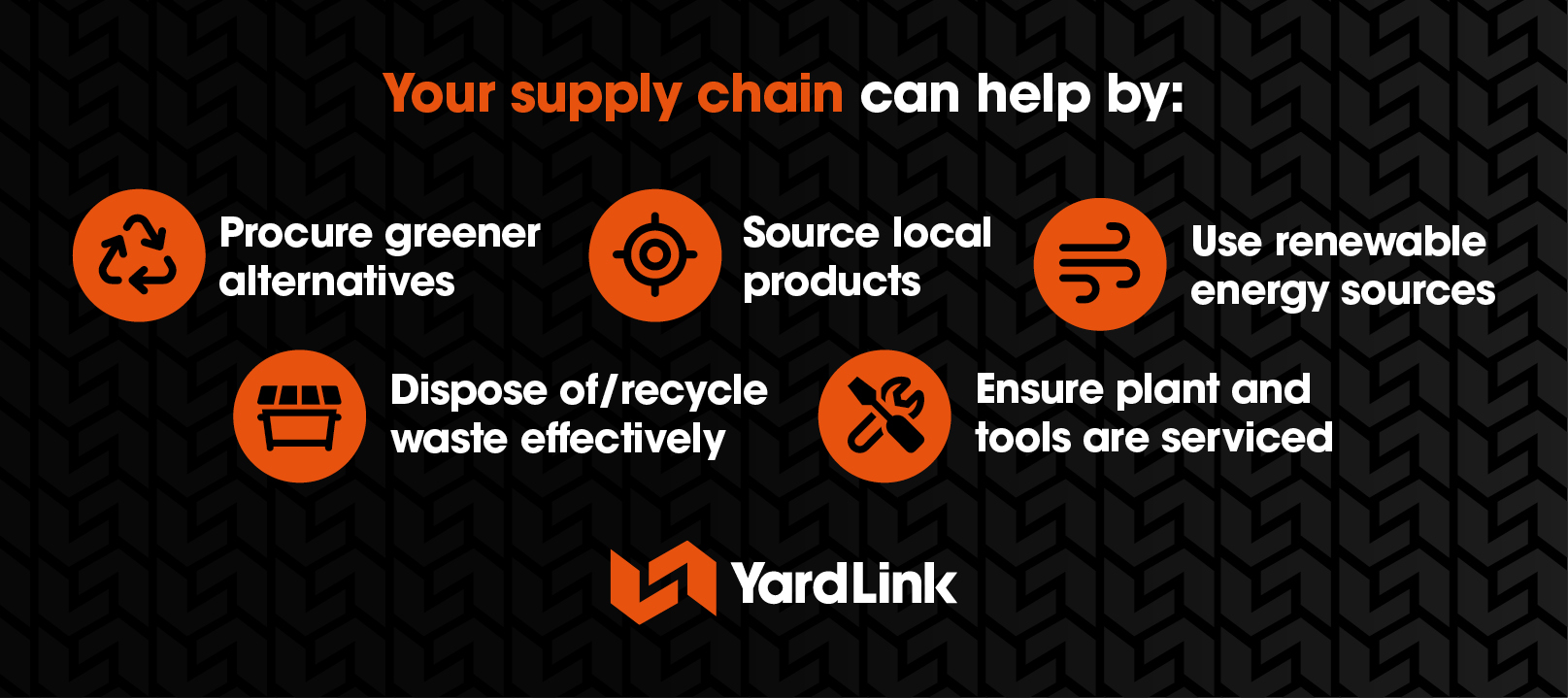
Staying informed on your supply chain is the starting point to working in a more sustainable way. Only using what is needed, ensuring plant and tools are serviced and working effectively and using local suppliers are just a few ways to fight against global warming. At YardLink you have access to thousands of suppliers nationwide that provide anything from plant to tool hire and fuel to materials. Our online procurement platform will match your needs with local suppliers in the area to ensure you only receive competitive quotes whilst minimising emissions output.
YOU MIGHT ALSO BE INTERESTED IN

